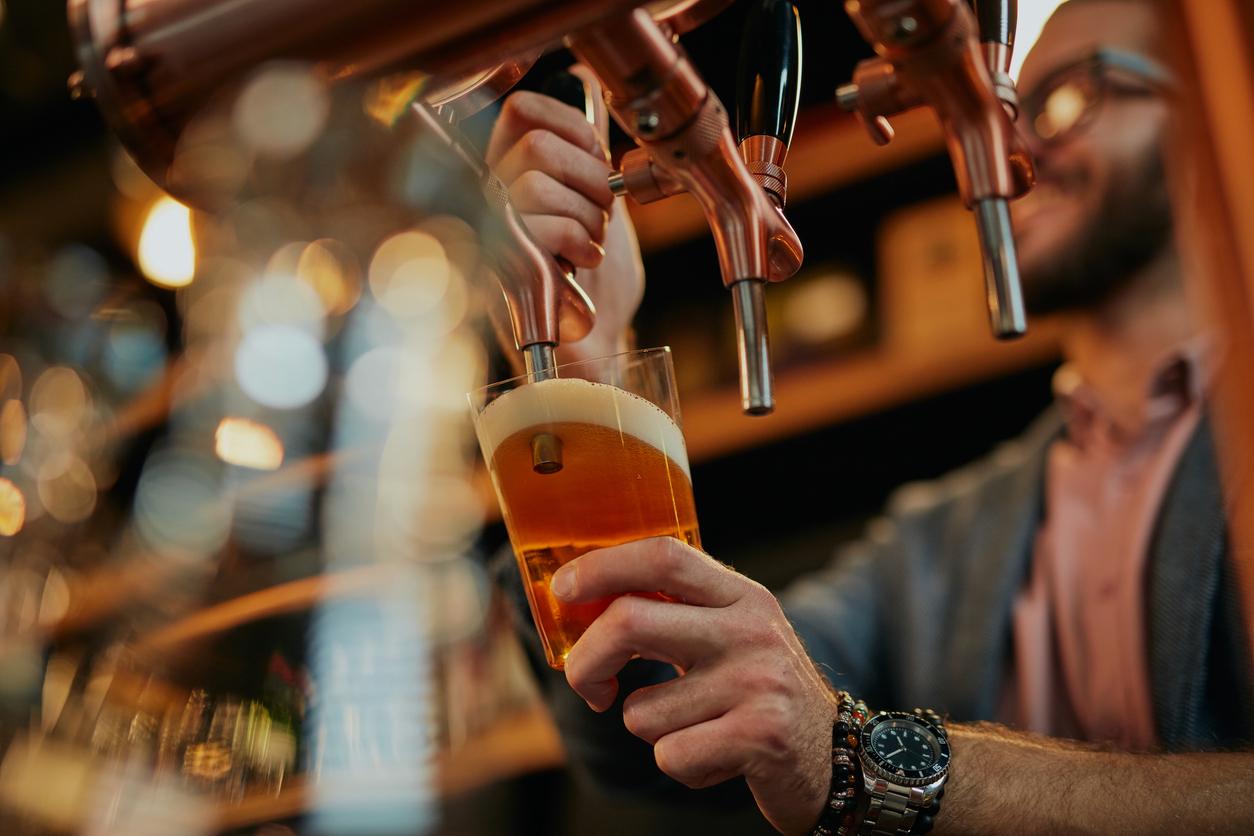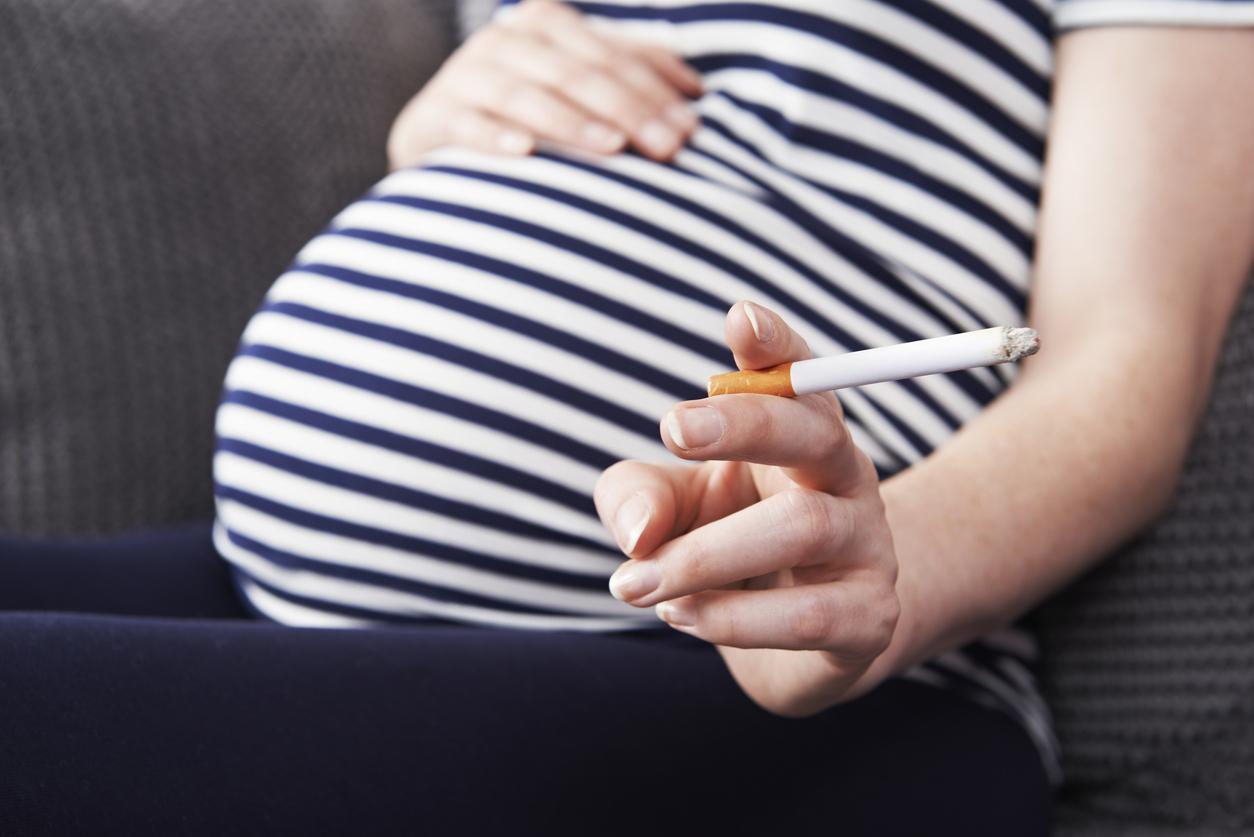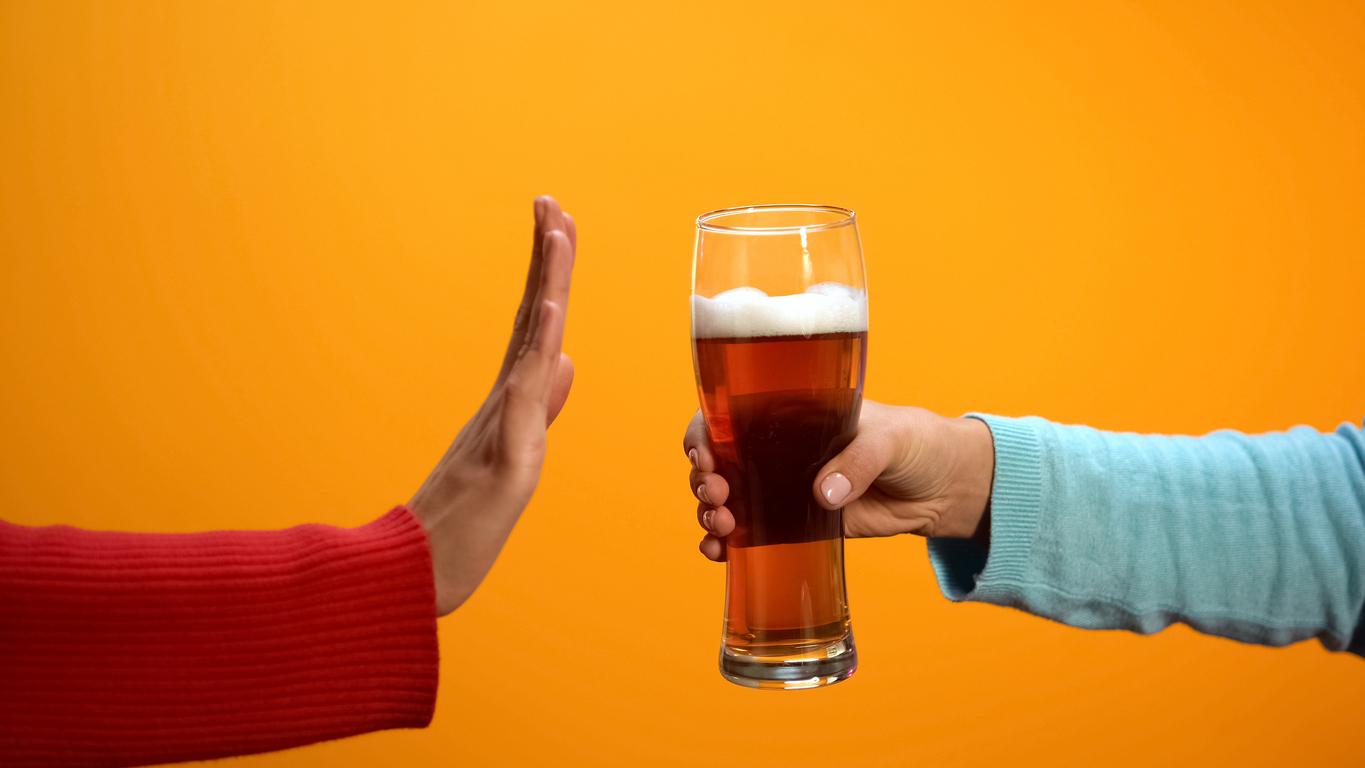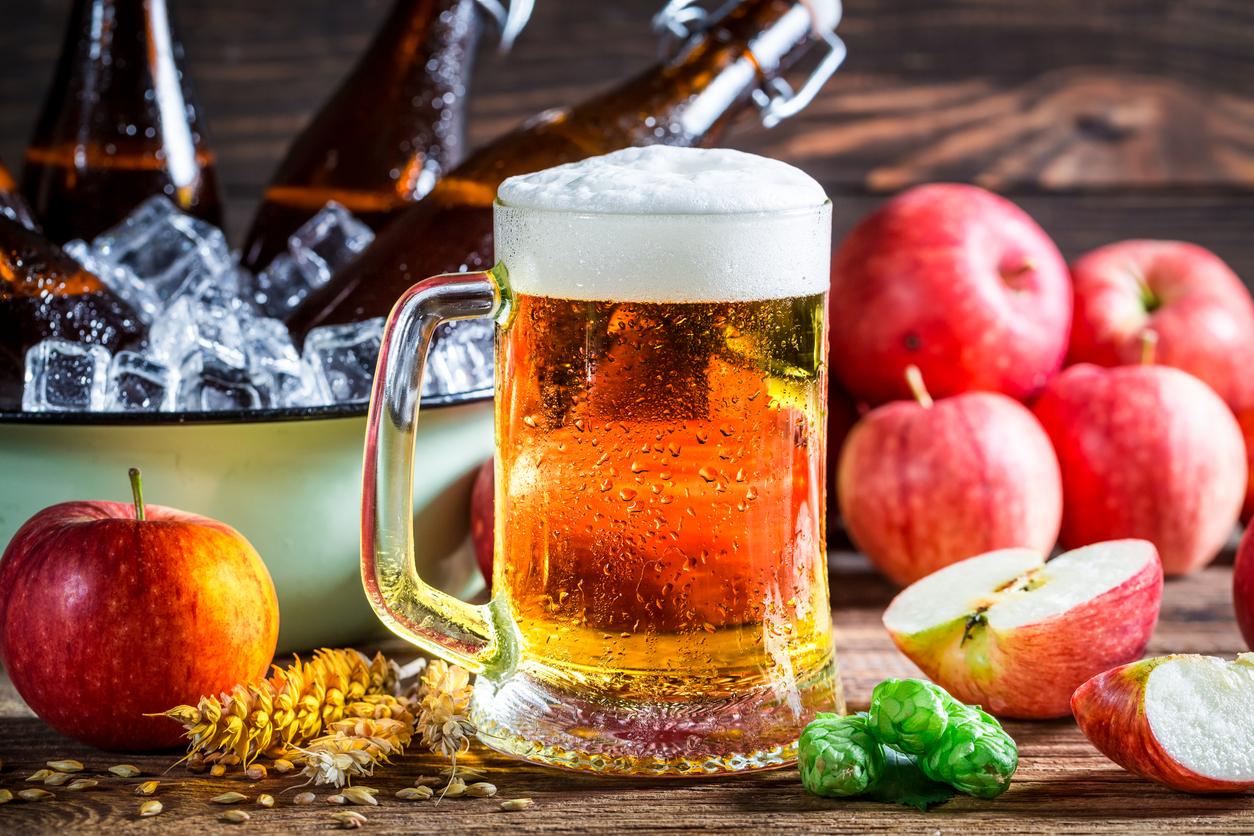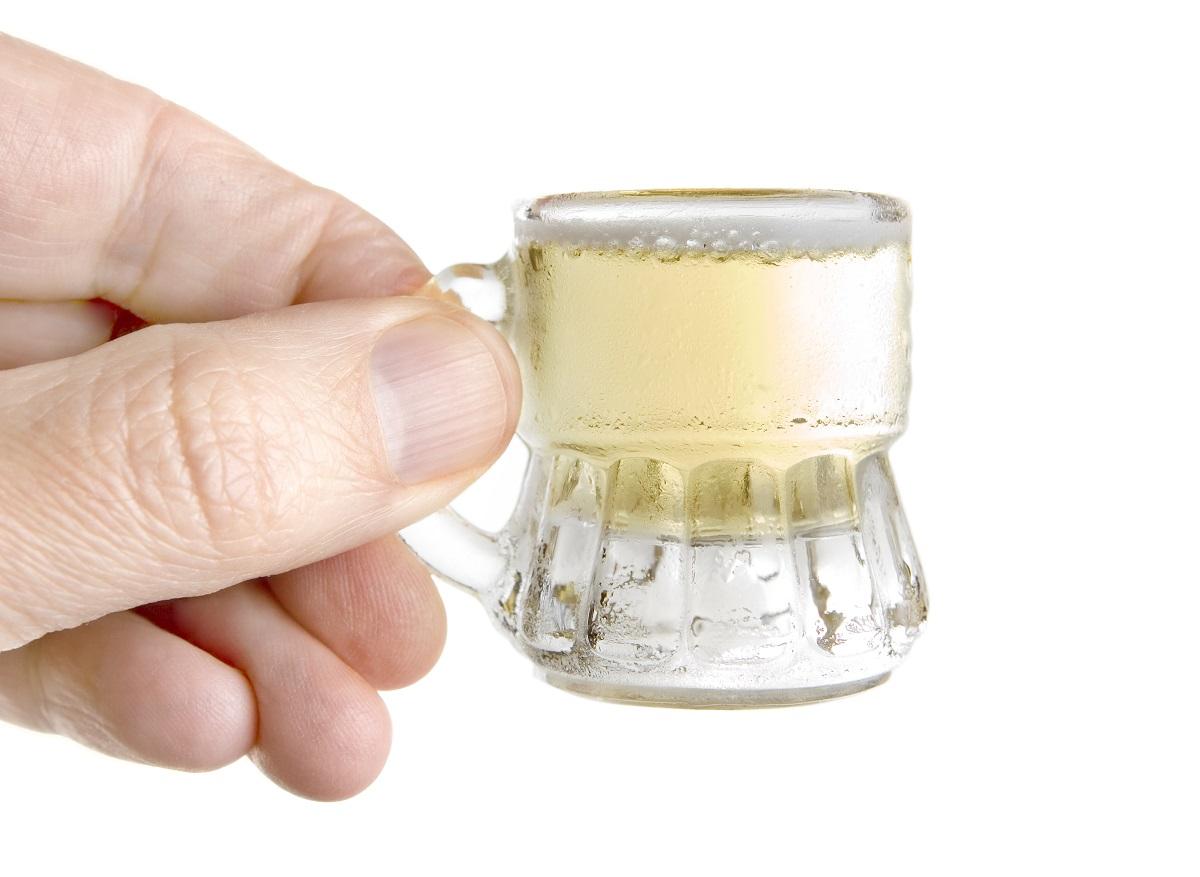The Alpadir study was conducted for 7 months with 320 patients randomly divided into two groups (158 on baclofen at the high dose of 180 mg / day and 162 on placebo) to test its long-term efficacy beyond abstinence.
The Bacloville study was set up to determine the effectiveness of reducing Alcohol consumption of patients and the side effects of baclofen. This drug, a muscle relaxant currently used in neurology made the headlines when the book came out Olivier Ameisen’s “The Last Glass”. This alcoholic cardiologist explained how, taken in high doses, this treatment had cured him of his addiction.
Alpadir study shows effectiveness of baclofen for heavy drinkers
The first study revealed that for abstinence, no significant difference was observed between the two groups (11.9% abstainers on baclofen versus 10.5% on placebo), but baclofen showed its effectiveness on heavy drinkers.
Decrease in alcohol consumption was more marked in patients treated with baclofen and even more significant in heavy drinkers (more than 4 drinks / day for women, more than 6 for men). “Drinkers of 12 glasses / day went to 3 glasses with baclofen against 5 with placebo”, explained Professor Michel Reynaud, president of the Addictions Actions Fund author of the study.
The first results of the Bacloville study are conclusive
The “Bacloville” test was carried out on 320 patients who were psychologically and physically fragile. He was to compare the efficacy and safety of baclofen at high doses (up to 300 mg / day) with those of placebo, after one year. The first results of the study revealed “56.8% success” (abstinence or reduction in alcohol consumption) for the group taking baclofen “against 36.5%” in that of the placebo.
“The efficacy of baclofen does not appear on the criterion of maintaining abstinence, probably due to a media context directing both investigating physicians and patients towards reducing consumption rather than towards abstinence” explains Professor Michel Reynaud. “Indeed, in the reduction of alcohol consumption, a clinically significant effect was observed during the six months of the study. These results are interesting for the patients and, from my point of view, this drug provides a more in the therapeutic arsenal “, he concludes.
In March 2017, the Ethypharm laboratory should submit a Marketing Authorization (AMM) application for baclofen in the fight againstalcoholism. He is awaiting the final conclusions of the Bacloville study on the side effects of this treatment.
Read also:
Alcohol: what is drinking a little too much?
Screen for alcoholism with two simple questions
Alcoholism: baclofen is still struggling to find its place











